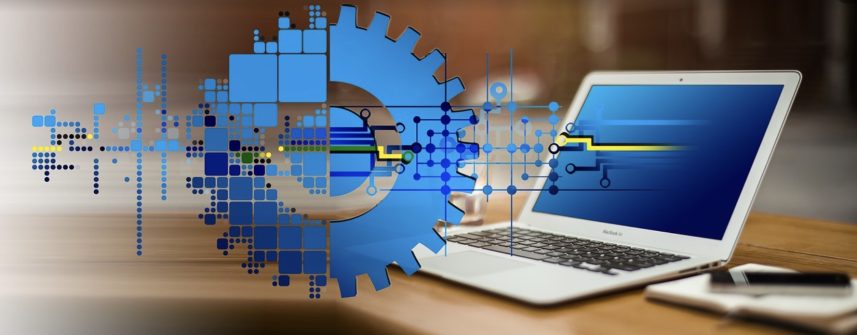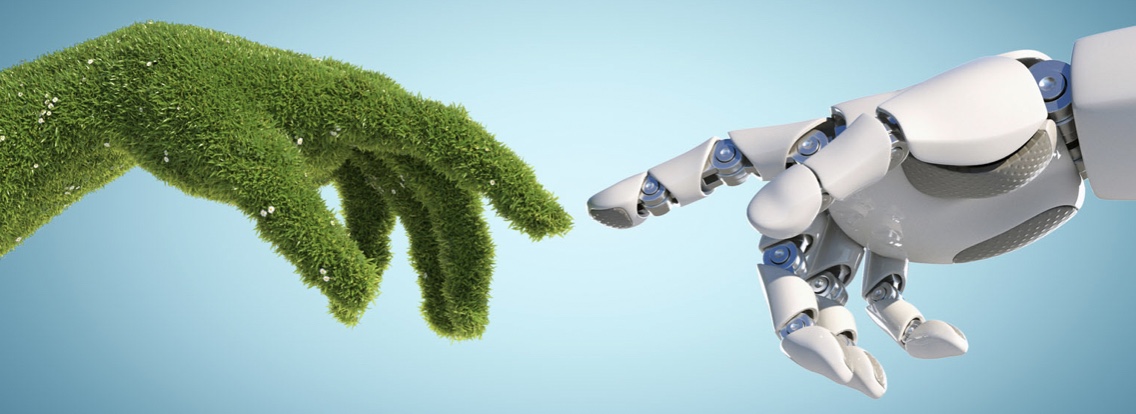One of the most important challenges of our time is to push the economy towards more sustainable models both at an environmental and social level: to do this, it is essential to focus on that process defined as ecological and digital transition, a path that can improve competitiveness and impact. environment of the various economic realities by focusing on solutions with a high rate of innovation. Let's see together what is changing and what are the prospects for the future.

What is the digital ecological transition?
The expression "ecological digital transition" combines two central objectives in European Union policies, namely ecological transition and digital transition, fundamental steps for aiming at a growth in production and investments that, at the same time, does not neglect environmental sustainability.
The basic concept is that for the relaunch of the Community economy it is necessary to make companies more innovative from a technological point of view and to reduce their environmental impact, in order to create value and benefits at all levels, from the individual consumer to the entire global ecosystem.
As regards the ecological transition, the new models strongly focus on the use of technology to optimize the use of resources and reduce polluting emissions, objectives that today cannot be neglected if the future of the planet is at heart. In particular, the companies that are committed to this have already begun to adopt tools to protect the environment, for example by choosing renewable sources for energy production and managing waste disposal correctly, but also using more and more often recyclable and low-impact materials for the production of goods and for their packaging, all actions that generate positive externalities and relaunch the circular economy.
No less important, however, is the digital transition, that is the path that is leading companies to adopt innovative solutions to efficiently manage any type of relationship inside and outside the organization. The impact of digitization on society is already under everyone's eyes: just look at what has happened in recent years with the boom in web services and applications for mobile devices, which now allow us to access many different opportunities on a daily basis, from world entertainment in multiplayer, such as those available at PokerStars Casino, and entertainment in general up to management of relations with the public administration, solutions that have radically transformed our habits and made the management of commitments and interests much easier.

What are the benefits of the ecological and digital transition
Once the concepts of ecological and digital transition have been understood, however, it is appropriate to investigate the real advantages that companies can derive from this important step. In fact, the benefits are different and concern both the individual economic realities and the entire context of references: the transition to models centered on people and the environment, in fact, can create a virtuous circle capable of improving everyone's life.
At the ecological level, for example, the most evident changes concern the greater energy efficiency of businesses, with positive effects in terms of reducing consumption - and therefore costs - and improving the livability of industrial and urban areas. At the same time, the digital transition guarantees interesting opportunities for what concerns the improvement of communications and relationships with customers and suppliers, for example through the use of social media, as well as from the point of view of outlet channels on the market, with first line websites and apps dedicated to the sale of products and services.
Not only that, digital technologies will also be increasingly important for what concerns the internal organization of work, with companies now oriented to adopt models based on greater flexibility and autonomy, such as in the case of smart working, with the aim of increasing the well-being and satisfaction of workers without affecting, but rather increasing it, productivity.
The ecological and digital transition is already an ongoing reality, which however not all companies have already grasped, and it is therefore essential to ensure that these new paradigms are absorbed quickly so that the benefits can be maximized in the shortest time, to the benefit of the entire European and global economic system.
